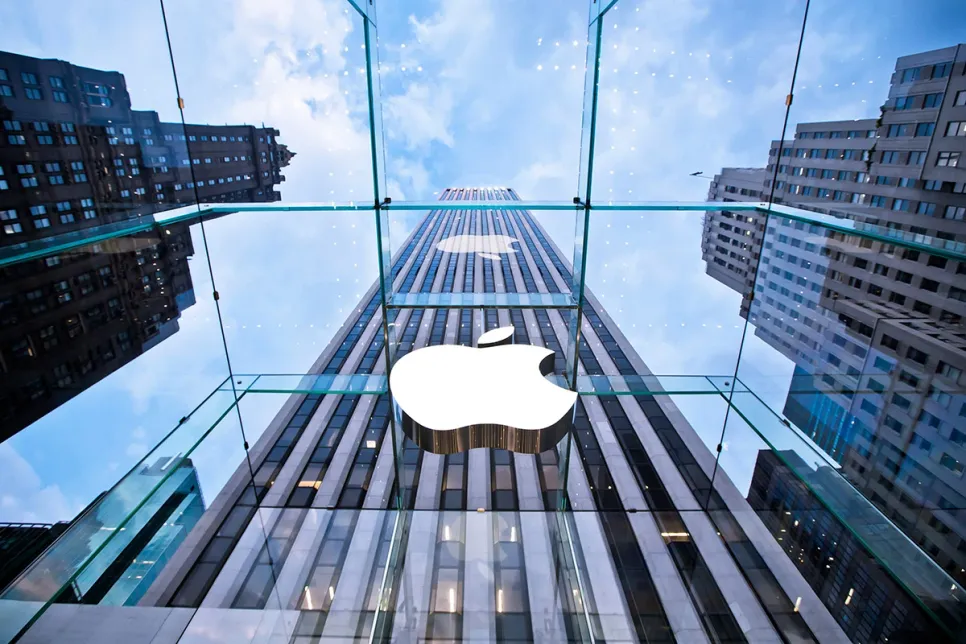EC Designates Shein as a Very Large Online Platform
The European Commission has formally designated Shein as a Very Large Online Platform (VLOP) under the Digital Services Act (DSA).

The US Department of Justice (DoJ) filed a watershed antitrust lawsuit against Apple. It is accusing it of engaging in anti-competitive conduct that hurts both consumers and developers.
US Attorney General Merrick Garland stated that Apple has maintained monopoly power in the smartphone market, not simply by staying ahead of the competition on the merits, but by violating federal antitrust law. “Consumers should not have to pay higher prices because companies break the law,” he said.
Garland explained Apple has employed a strategy that relies on exclusionary, anti-competitive conduct, which has resulted in fewer choices for consumers, higher prices and fees, lower quality smartphones, apps, and accessories, and less innovation from Apple and its competitors. “For developers, that has meant being forced to play by rules that insulate Apple from competition,” he noted.
“As outlined in our complaint, we alleged that Apple has consolidated its monopoly power, not by making its own products better, but by making other products worse,” added Garland. He said Apple carries out its exclusionary anti-competitive conduct in two visible ways. The first is imposing contractual restrictions and fees that limit the features and functionality developers can offer iPhone users. Secondly, he stated Apple selectively restricts access to the points of connection between third-party apps and the iPhone's operating system, degrading the functionality of non-Apple apps and accessories.
Garland noted for most of the past 15 years, Apple has collected a 30% commission on the price of any app downloaded from the App Store, as well as in-app purchases. He also stated the tech giant has suppressed the emergence of cloud-streaming apps, including gaming apps, as well as “super apps” that could reduce user dependence on Apple’s own operating system and expensive hardware.
More problems for Apple are just around the corner after Meta Platforms, Microsoft, X and Match Group backed Epic Games in its fight against Apple over anticompetitive App Store practices. In a filing, the companies recommended the US Supreme Court reject Apple’s revisions on its App Store purchase mechanism, claiming the changes contain anti-steering practices and impose new barriers for developers.
They also bemoaned an inflated commission developers have to pay after a user clicks on an external payment link, and a requirement forcing developers to use their own webpage rather than a third-party payment platform. These moves are designed to prevent new payment channels and burden developers with operational costs, they added. “Apple’s restrictions will have real-world adverse impacts on both consumers and app developers that extend beyond the Epic Games store and beyond mobile gaming generally,” the filing read.